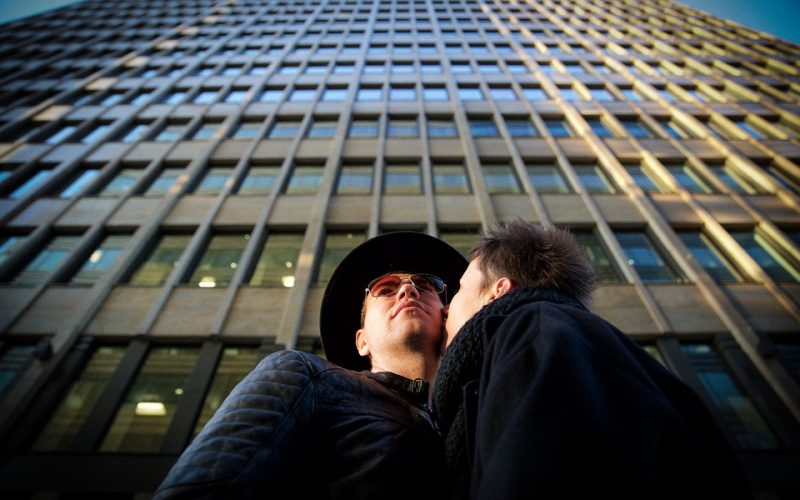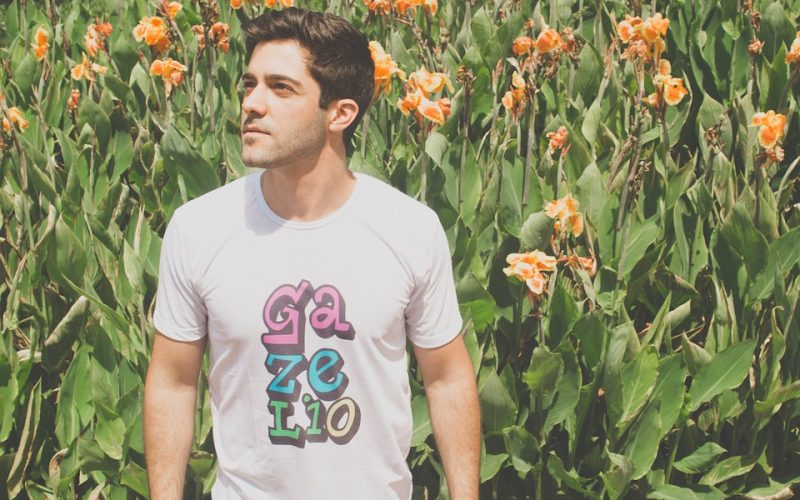Signs Of a Toxic Relationship
Relationships are an essential part of life, contributing significantly to our mental and emotional well-being. However, not every relationship is healthy. Sometimes, what starts as a loving connection can deteriorate into a toxic one. Understanding the signs of toxicity is crucial for maintaining your mental health and overall happiness.
Defining a toxic relationship
A toxic relationship is one where the negative aspects significantly outweigh the positive ones. In such relationships, one or both partners may engage in behaviours that are harmful, manipulative, or controlling. These behaviours can manifest in various ways, including emotional abuse, physical abuse, or psychological manipulation. Recognising these traits early can help you take necessary actions to protect your well-being.
Early warning signs of toxicity
At the beginning of any relationship, it's normal to experience occasional disagreements or misunderstandings. However, when these become frequent and intense, they may be early signs of a toxic relationship. Common early indicators include excessive jealousy, constant criticism, and a lack of respect for boundaries. If your partner frequently belittles you or undermines your self-confidence, it's a red flag that should not be ignored.
Emotional manipulation and control
One of the most telling signs of a toxic relationship is emotional manipulation. This can include guilt-tripping, gaslighting, or playing the victim to gain sympathy. Manipulative partners often use these tactics to control their significant other, making it difficult for them to make independent decisions. Over time, this can erode your sense of self-worth and lead to feelings of helplessness.
Lack of communication and respect
Healthy relationships are built on open communication and mutual respect. When these elements are lacking, the relationship starts to crumble. In a toxic relationship, you may find it challenging to express your feelings or opinions without fear of retribution. Your partner might dismiss your concerns or refuse to listen, creating a communication barrier that is hard to overcome. This lack of respect and understanding can make you feel isolated and undervalued.
Physical and emotional abuse
While emotional abuse is often subtle, physical abuse is more overt and dangerous. Any form of physical violence is a clear and immediate sign that the relationship is toxic. Emotional abuse, on the other hand, can be equally damaging but harder to identify. It includes behaviours such as constant put-downs, isolation from friends and family, and extreme mood swings. Both forms of abuse are unacceptable and warrant immediate intervention.
Taking steps to protect yourself
If you recognise these signs in your relationship, it's important to take steps to protect yourself. Reach out to trusted friends or family members for support and consider seeking professional help. Counselling or therapy can provide you with the tools you need to address the situation effectively. Remember, your well-being should always be your top priority.
Recognising the signs of a toxic relationship is the first step towards reclaiming your happiness and well-being. Relationships should uplift and support you, not bring you down. By staying vigilant and prioritising your mental health, you can ensure that your relationships are healthy, loving, and enriching.










